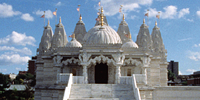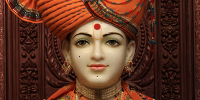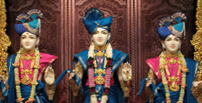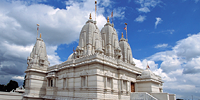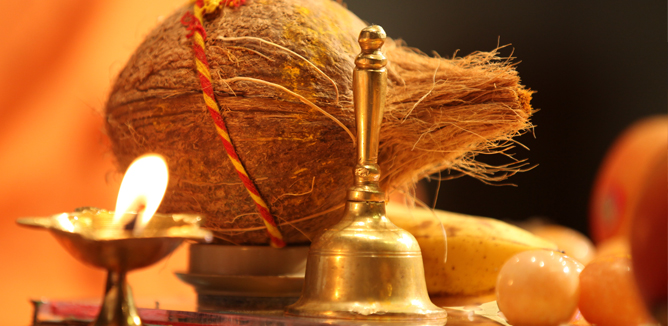What is Hinduism?
Hinduism is the oldest living religion in the world, enduring today as a healthy, spirited and colourful group of traditions.
With almost a billion followers, it is also the world’s third largest religion; Hindus comprise about one-seventh of the world’s entire population. Its origins lie in the vast Indian subcontinent. While it remains the majority religion in India, with over 800 million adherents, its spiritual, cultural, social and linguistic influences extend across the globe; over 60 million Hindus live outside of India in 150 different countries, including in the UK (around 700,000) and North America (over 2 million).
Hinduism, though, is not monolithic (characterised by complete uniformity) and has thus eluded simple definition. It has no single founder, no one scripture, no single set of teachings, no unified code of conduct, no central governing body. This was perplexing for early Western scholars of religion because they tended to perceive Hinduism through their own preconceived ideas of the nature of ‘religion’ – most often in relation to their own faith and culture.
Hinduism, in fact, is a ‘family’ of many diverse traditions, or sampradayas, each with its own distinct theology, philosophy, rituals, code of practices, and value system. This inescapable diversity and richness makes Hinduism particularly hard to define in simple, precise terms. Nonetheless, like in any family, there are some common elements and unifying themes. These include accepting God or a Supreme Reality, atma (the soul), dharma (the law of righteousness), karma (the law of cause and effect), the authority of the Vedas, and moksha (liberation). (Click here to learn more about the principal beliefs of Hinduism.)
Hinduism is also responsible for many valuable contributions to the world, such as that of the original concepts and practices of Yoga, Ayurveda, Vastu, Jyotish, Vedanta, karma, and much more.
Although it is not easy to define Hinduism, we can say with certainty that it is closely connected to India, its culture and its sacred texts – but it also extends far beyond them.
See also the FAQs about Hinduism here.
